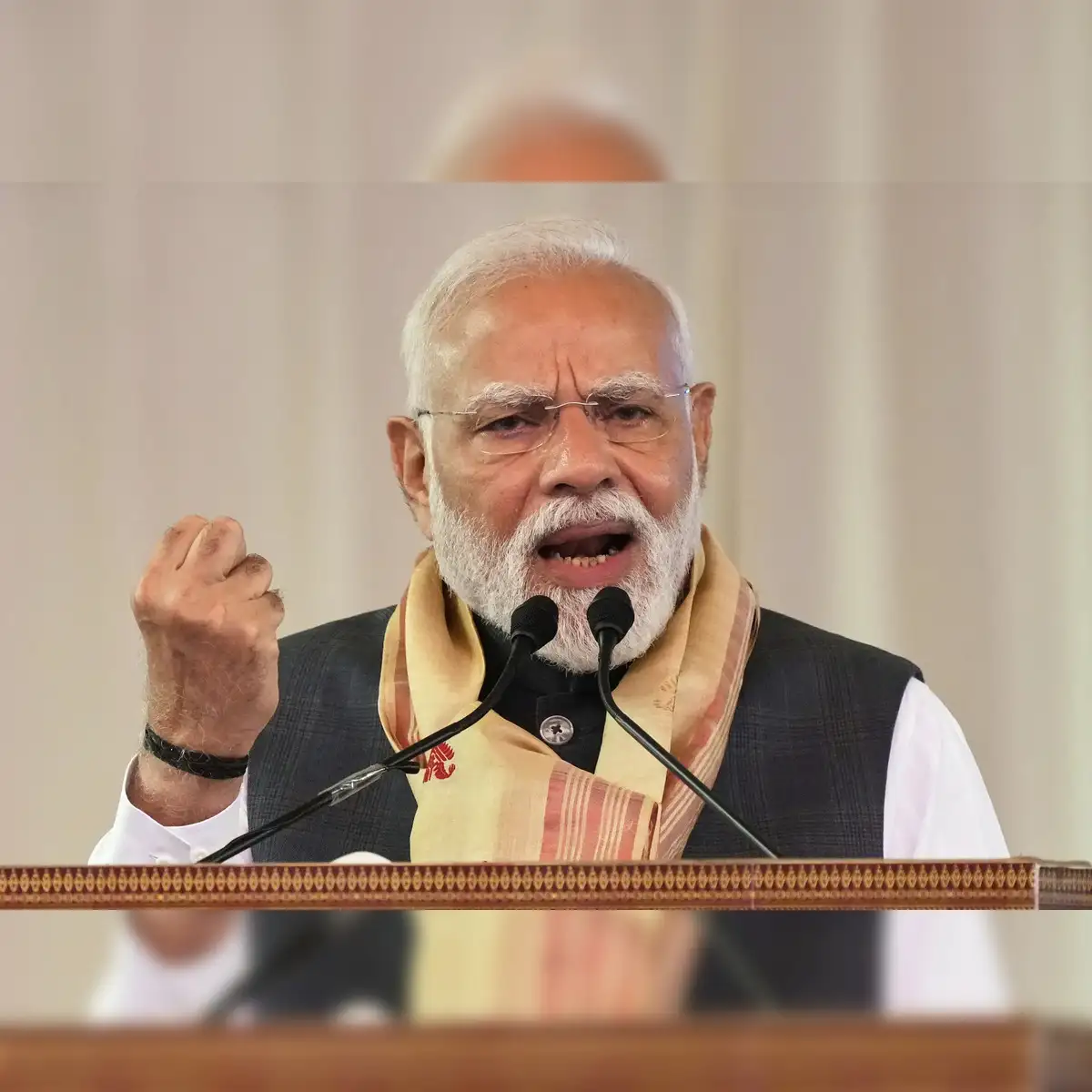India's Prime Minister Modi Asserts Strength Against Nuclear Threats
Prime Minister Narendra Modi declared India unafraid of nuclear threats and reaffirmed a robust national security stance during a major speech on his 75th birthday, referencing recent military actions against Pakistan-backed terrorism.

Prime Minister Narendra Modi, marking his 75th birthday on September 17, delivered a forceful address in Madhya Pradesh’s Dhar, asserting that India is not intimidated by nuclear threats and will respond decisively to any aggression. Modi’s remarks came amid heightened regional tensions and followed recent cross-border military operations targeting terrorist infrastructure in Pakistan, notably Operation Sindoor, which he credited with bringing Pakistan to its knees in retaliation for the Pahalgam terror attack.
Modi’s Message: Defiance and Deterrence
In his speech, Modi emphasized that the security of the nation remains paramount, declaring, “This is new India. It is not scared of anyone. The Indian forces can enter houses to bring down enemies. New India is not afraid of nuclear threats.” He referenced a viral video of a Jaish-e-Mohammed commander admitting the heavy losses suffered by the group, including the family of its chief Masood Azhar, during Indian strikes on Bahawalpur. Modi’s comments were widely interpreted as a direct response to recent warnings from Pakistan’s military leadership, which had invoked the specter of nuclear escalation in the event of future conflict.
Regional Security Shifts and Strategic Calculus
The Prime Minister’s statements come at a time of evolving security dynamics in South Asia and the Gulf. Pakistan’s recent extension of its nuclear umbrella to the United Arab Emirates, under a new defense pact with Saudi Arabia, has introduced new complexities for India’s strategic planning. Analysts note that India now faces the possibility of a broader coalition response in the event of hostilities with Pakistan, potentially implicating key economic partners like the UAE. In response, Indian policymakers are reportedly reviewing deterrence doctrines and accelerating military modernization, while also seeking to reinforce diplomatic ties with Gulf states to insulate bilateral relations from regional security entanglements.
Domestic and International Reactions
Modi’s speech was met with strong approval from domestic audiences and senior officials, with Home Minister Amit Shah praising the Prime Minister’s leadership in ensuring border security and delivering a “befitting reply” to Pakistan. Internationally, the remarks have drawn attention to India’s evolving defense posture and its willingness to conduct cross-border operations in response to terrorism. The United States and other global powers continue to monitor the situation closely, given the risks of escalation between two nuclear-armed neighbors. Meanwhile, India’s government has reiterated its rejection of third-party intervention in its disputes with Pakistan, emphasizing direct military and diplomatic engagement as the preferred path to de-escalation.
As India navigates a more complex regional security environment, Modi’s message signals a continued commitment to assertive defense policies and a refusal to be cowed by nuclear threats, underscoring the country’s transformation into what he described as a “new India” ready to defend its sovereignty at any cost.
Sources
-
Firstpost 'Not afraid of nuke threats, new India enters the...
-
NDTV PM Modi Praises Op Sindoor On 75th Birthday - NDTV
-
Hindustan Times Modi re-emphasises focus on national security, sel...
-
Republic World Pakistan Extends Nuclear Umbrella To The UAE, West...
-
The Federal PM Modi on birthday cites Jaish commander's admiss...
-
Times of India 'PM Modi ensured safety of borders': Amit Shah hai...
-
ABC News Sikh leaders urge India to lift ban on pilgrims tr...